South Korea kicks off two-day military drills in Sea of Japan
South Korea has launched two-day military exercises off the islands in the Sea of Japan that are also claimed by Tokyo.
The South Korean navy said in a statement on Thursday that the war games, involving warships, was part of regular exercises that are conducted twice a year.
The exercises will involve various components of Seoul’s forces, such as the navy, the air force, the Marine Corps, and the police, the South Korean navy said in a statement on Thursday.
“The Navy will conduct the regular Dokdo defense exercise aimed at preventing the infiltration of external forces into the South Korean territory,” said the statement.
Japan regularly files protest with Seoul over the drills off the disputed islands, which are believed to be rich in natural gas and other resources. They are known as Dokdo in South Korea, but are called Takeshima in Japan.
Seoul, which has controlled the islands since the end of the Japanese colonial rule after World War II, denounces Japan’s claims as stemming from its colonial past. Japan occupied large parts of China and the Korean Peninsula during World War II.

The islets, however, are not the only source of friction between the two.
An agreement signed between Seoul and Tokyo back in 2015 to settle the issue of the wartime sexual enslavement of Korean women by Japanese troops, has also been another source of tension between the two south Asian nations.
Under the deal, Japan’s Prime Minister Shinzo Abe apologized to the wartime victims and provided 1 billion yen (8.8 million dollars) to a fund to help them. The two governments had agreed the issue would be “irreversibly resolved” if both fulfilled their obligations.
Despite pledges to normalize relations and work toward “future-oriented cooperation” with Tokyo, a South Korean investigative panel concluded on Wednesday that the agreement had failed to meet the needs of the thousands of girls and women who had been forced to work as sex slaves.
The South’s President Moon Jae-in said the following day that the deal with Tokyo was seriously flawed.
“The agreement cannot solve the comfort women issue,” Moon said, calling the deal a “political agreement that excludes victims and the public” and violates general principles in international society, according to a statement issued by his office.
Moon’s remarks drew reaction from a Japanese Foreign Ministry spokeswoman, who said any attempt to change the deal would be “unacceptable” and make relations “unmanageable.”
Japanese Foreign Minister Taro Kono also expressed his disappointment over the panel’s announcement, saying, “It’s quite regrettable. We are working to move toward positive bilateral relations.”
Israel admits assassinating Hamas leader, vows to inflict same fate on Yemeni fighters, people
VIDEO | Yemeni forces repel US-British attack, down F-18 Jet
Iran’s capabilities vast; enemy’s ‘maximum pressure’ policies all failed miserably: Senior official
Iran’s economy grew 2.7% y/y in Sep quarter: CBI
VIDEO | Freelancers in Gaza strive to stay online amid genocide
Mikati demands Israel's withdrawal from south Lebanon
Yemeni army strikes Israeli military sites with drones
‘Clock ticking’: UNRWA slams unjustifiable killing of children in Gaza


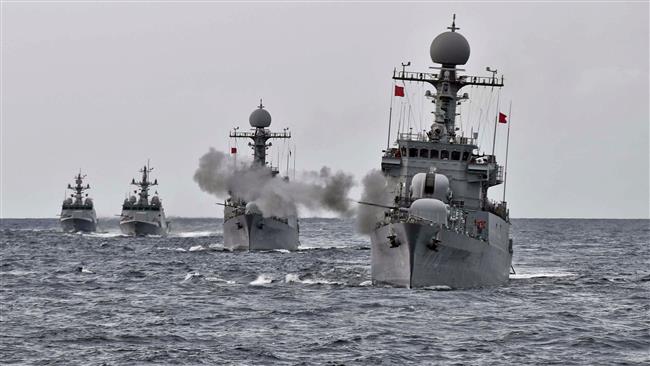

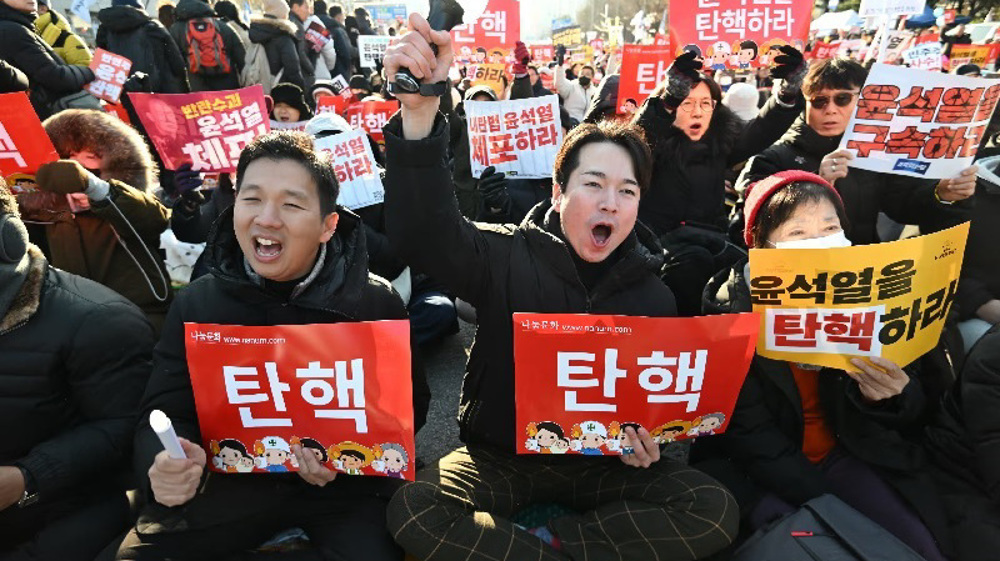
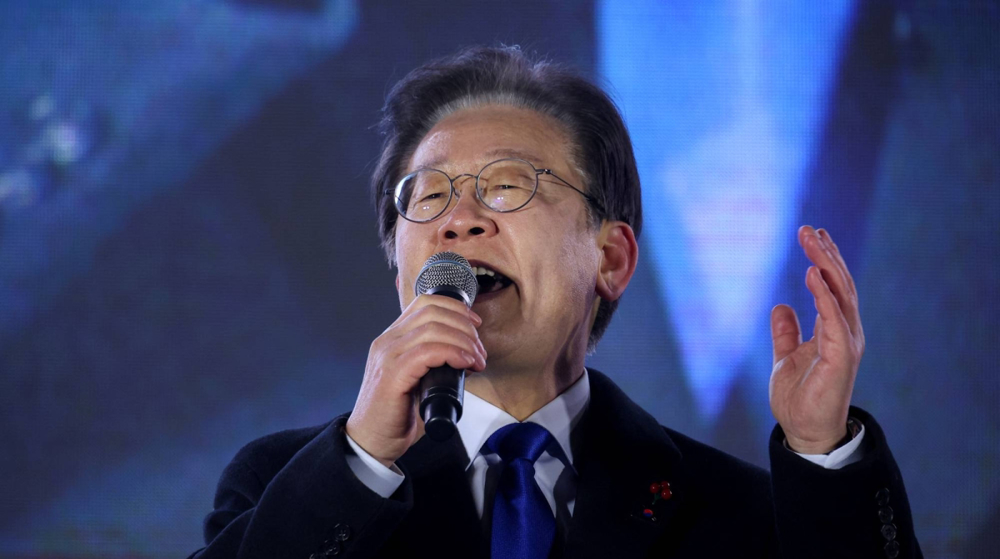
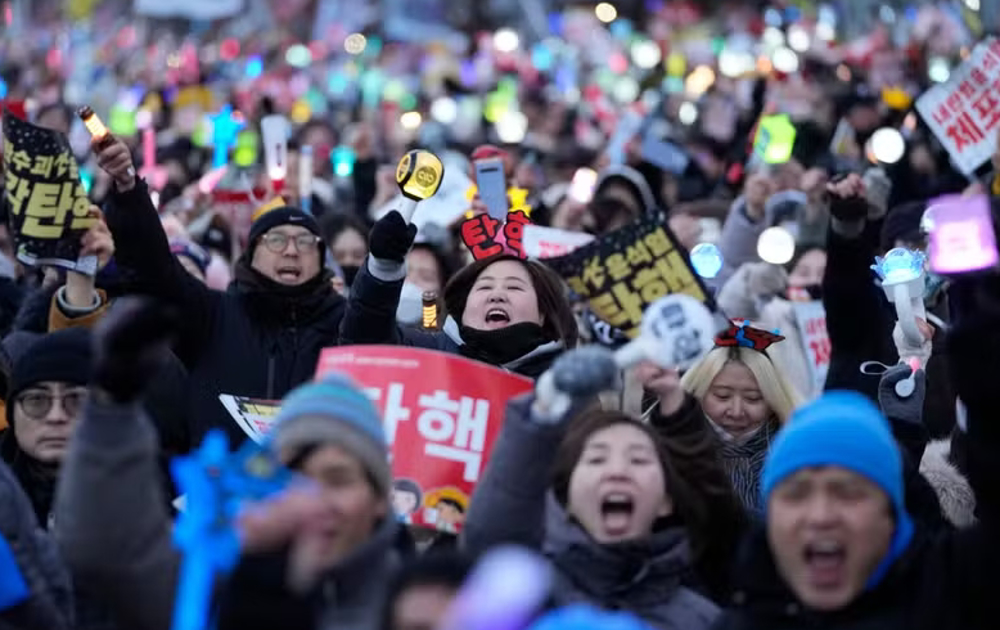



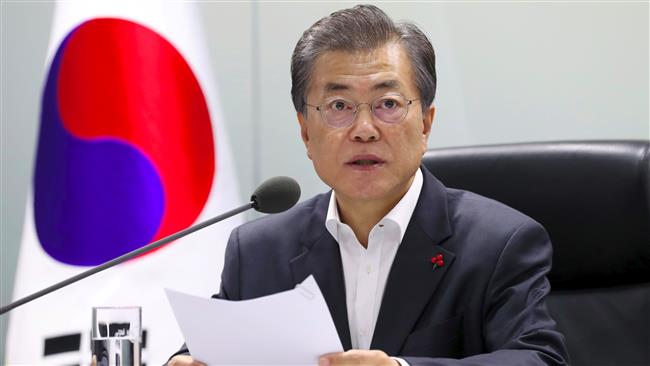
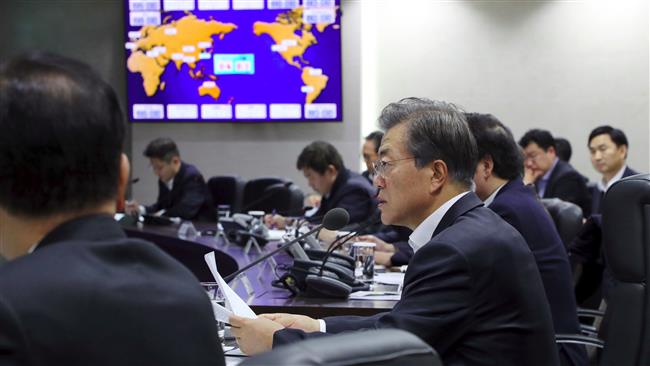
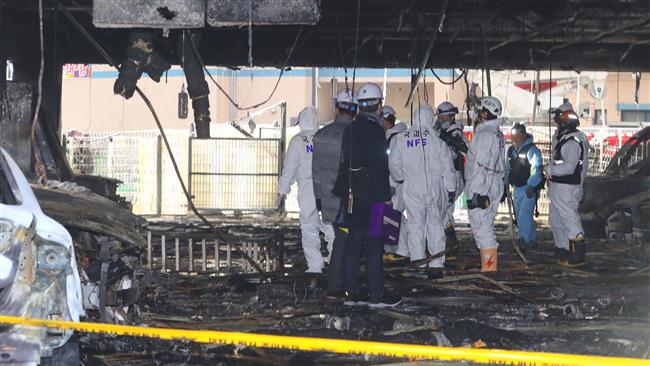

 This makes it easy to access the Press TV website
This makes it easy to access the Press TV website